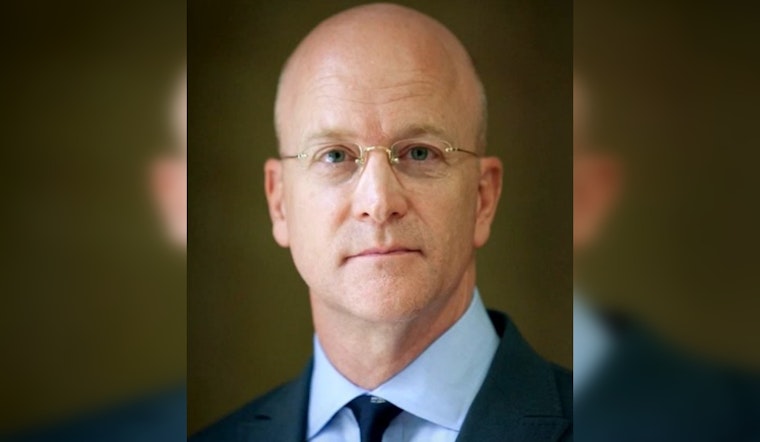
A federal judge in Texas has backed the state's decision to ban TikTok on government-owned devices, a move that has stirred a debate about free speech and national security. According to KSAT, the ruling came as a blow to the Knight First Amendment Institute at Columbia University, which had filed a lawsuit in July challenging the ban's constitutionality. The organization argued that prohibiting the popular social media app from state-owned devices and networks was an infringement on academic freedom and hindered professors' capacity to conduct research and teach about TikTok.
In his ruling, Judge Robert L. Pitman of the U.S. District Court for the Western District of Texas determined that the prohibition was not a violation of First Amendment rights. As reported by AP News, Pitman pointed out that educators and state employees could still access the app on their personal devices. He acknowledged that the state-provided devices' restriction impacted academic activities but deemed the measure a "reasonable restriction on access to TikTok in light of Texas’s concerns."
Western governments, including the U.S., have voiced their unease regarding TikTok's potential risks. Owned by the Beijing-based company ByteDance, the platform is suspected of being vulnerable to misuse by the Chinese government for data collection and dissemination of misinformation. This sentiment has led multiple states, as well as the federal government and numerous universities, to impose limitations on the use of TikTok on government-affiliated devices.
Jameel Jaffer, the executive director of the Knight Institute, expressed his disappointment with the legal outcome. "Restricting research and teaching about one of the world’s major communications platforms is not a sensible or constitutionally permissible way of addressing legitimate concerns about TikTok’s data collection practices," Jaffer said in a statement obtained by KSAT. Meanwhile, the legal arena will continue to follow the developments closely as Montana's more extensive state-wide TikTok ban, which was recently halted by a federal judge, awaits a final decision.
TikTok has not issued an immediate statement in response to the upholding of the Texas ban. The ongoing legal battles and the global conversation on digital security and rights demonstrate the complex intersection between technology, governance, and personal freedoms. As the situation evolves, further scrutiny of such decisions can be anticipated as stakeholders from various sectors watch for implications that could resonate beyond Texas's borders.









